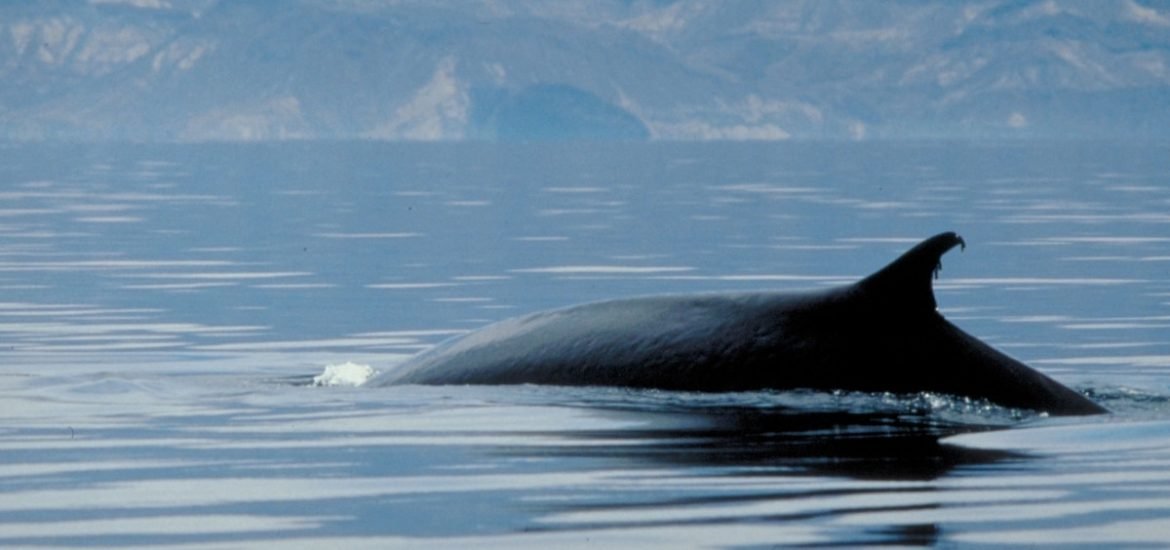
On 26 December, Japan officially announced its decision to withdraw from the United Nation’s International Whaling Commission (IWC), an international body set up shortly after World War II charged with the conservation of whales and management of whaling. Japan, a member since 1951, has been the second largest contributor to the international regulator, after the United States.
The move to withdraw by the end of June 2019 was first reported in Japanese media a week earlier and Japan will still need to send formal notification to the United Nations by 1 January 2019. The announcement has been widely criticised but has not come as a total surprise―Japan has been campaigning for the past decade to bring back commercial whaling and already threatened to leave the IWC earlier in the year shortly after the rejection a proposal to allow commercial whaling put forward by the Japanese government at the annual meeting of the IWC in Brazil last summer.
As Science reports and according to an announcement (in Japanese) posted by the office of the prime minister’s cabinet secretary, Yoshihide Suga, the decision was based on “sound scientific reasoning” and in the interest of “sustainable use of marine resources.” Withdrawal from the commission will mean Japan must stop any “research-related” whale killings currently being carried out in the Antarctic. This will leave the Southern Hemisphere free of whaling for the first time in centuries ― a welcome outcome― however, Japan will be free to commence commercial whaling practices in its coastal waters without oversight.
In the 1980s, the IWC banned commercial whaling in an effort to save several endangered species. Since then, whaling practices have only been approved on cultural grounds for certain groups, such as Arctic communities and Russian native groups. Whaling for scientific purposes, such as studying reproduction, stomach contents, and effects of environmental change, is exempt from the 1986 international moratorium but can only be performed with approval from “appropriate international organizations” for marine mammal conservation, according to the United Nations Convention on the Law of the Seas.
Until now, Japan’s controversial scientific whaling program had been overseen by the IWC, although it is viewed by many as a commercial operation in disguise. Japan’s fleets take hundreds of Antarctic whales each year ― nearly 300 in 2016, including more than 200 pregnant females ― that are thought to end up on supermarket shelves.
Astrid Fuchs, whaling program manager for the UK-based nonprofit Whale and Dolphin Conservation told National Geographic, Japan’s withdrawal is strictly political with the intention of sending the message that Japan can use the oceans as they please. She fears the move may inspire other nations, such as South Korea and Russia, to do the same.
The withdrawal is difficult to understand, particularly at a time when these highly intelligent mammals are already under threat from the impacts of shipping, plastic pollution, and climate change. Moreover, many whales species are still critically endangered. Whales have been hunted for thousands of years for food and other necessities, however, there is no longer any economic or ecological justification for commercial whaling. Unsurprisingly, the announcement has been met with great disdain by governments, scientists, and wildlife groups around the world.
While Japan will not face any formal consequences for its withdrawal from the IWC, other countries could potentially impose sanctions. Furthermore, Japan will no longer be able to take part in international conversations on the topic.